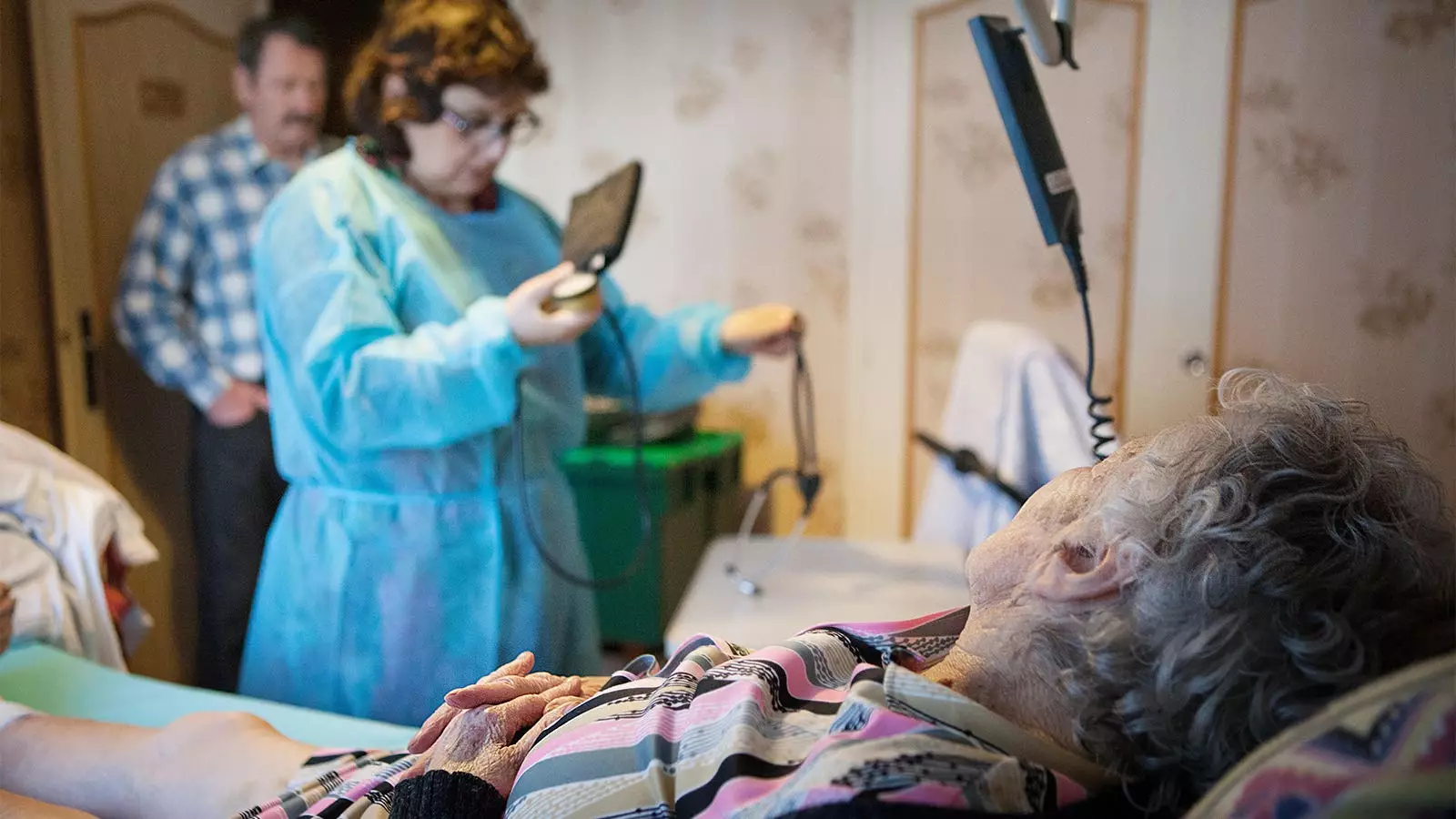In November 2020, as the COVID-19 pandemic put intense pressure on hospital resources, CMS introduced the Acute Hospital Care at Home waiver, permitting hospitals and health systems to provide hospital-level care in patients’ homes. The waiver has been a critical tool in expanding access to care during the pandemic, with over 300 hospitals in 37 states taking advantage of this payment waiver. However, the waiver is set to expire at the end of 2024, unless Congress takes action to extend it once again.
Studies have shown that hospital-at-home programs have had significant benefits for patients, their families, and healthcare providers. Research published by CMS in JAMA Health Forum revealed that patients who received hospital care at home experienced low rates of emergency returns to the hospital, referrals to skilled nursing facilities, readmissions within 30 days, and mortality. Additionally, a review in the Annals of Internal Medicine found that patients eligible for Medicare and Medicaid or with disabilities or dementia had outcomes comparable to or better than those in traditional hospital settings.
Hospital-at-home programs have gained support from a wide range of stakeholders, including clinicians, major health professional organizations, and patients themselves. These programs align with the Age-Friendly Health Systems movement, which focuses on delivering evidence-based care that reduces harm and addresses patients’ specific needs. The “4Ms Framework” of the movement highlights the importance of addressing what matters to patients in terms of their medications, mind, and mobility.
While the pandemic-era waiver has allowed for the rapid expansion of hospital-at-home programs, its temporary nature creates uncertainty for the future of these initiatives. A 5-year extension of the Acute Hospital Care at Home waiver has been recommended by the Bipartisan Policy Center to promote the growth of these programs and enable further research to enhance care quality, safety, and cost-effectiveness. This extension would also allow for the federal government to provide technical assistance and support to ensure that hospital-at-home care is accessible to all who could benefit from it.
Despite the success of hospital-at-home programs, there are still challenges related to access and equity that need to be addressed. Currently, only a limited number of state Medicaid programs cover hospital-at-home care, limiting access for low-income individuals. Health systems are working to make these programs viable in rural and underserved areas, but more efforts are needed to ensure that all patients have the opportunity to receive care in their homes.
Extending the Acute Hospital Care at Home waiver is crucial for the continued success and expansion of hospital-at-home programs. These initiatives have demonstrated positive outcomes for patients and healthcare providers, while also aligning with the principles of patient-centered care. By providing a more stable and supportive regulatory environment, a payment waiver extension will pave the way for broader access to hospital-at-home care and ultimately improve the quality of care for older adults and other vulnerable populations.



Leave a Reply